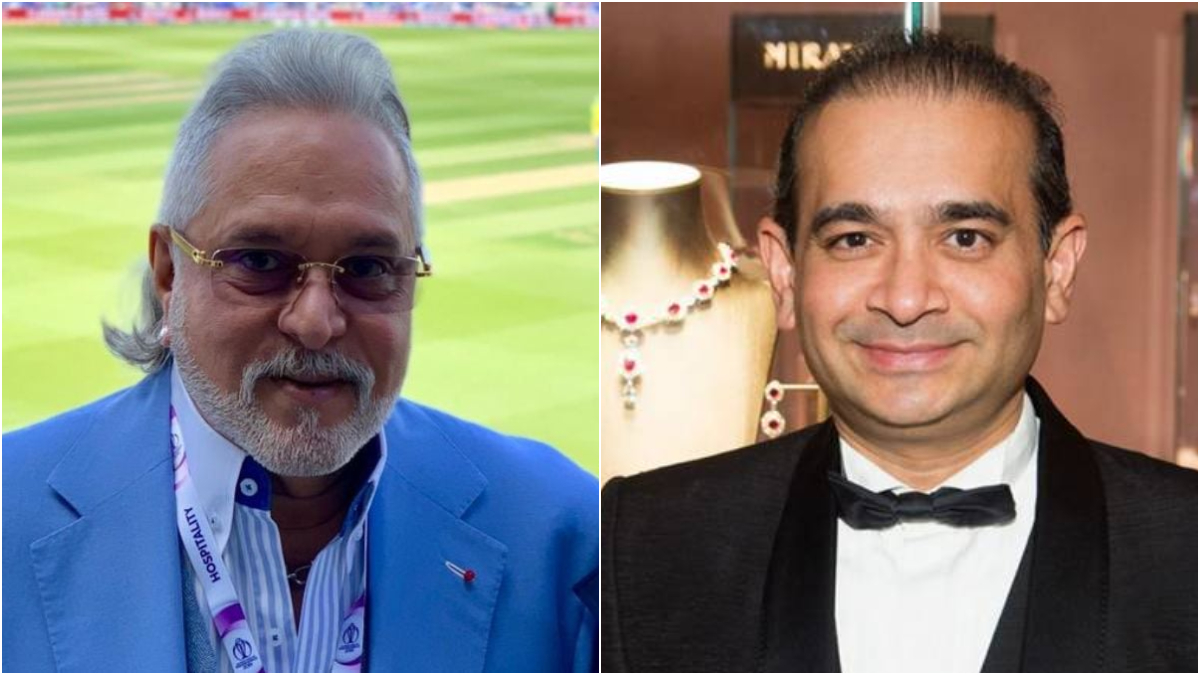On December 17, while replying to a debate on the first batch of Supplementary Demands for Grants in the Lok Sabha, Finance Minister Nirmala Sitharaman announced that ₹14,131.6 crore worth of properties belonging to fugitive Vijay Mallya had been restored to public sector banks. This recovery, made possible through the Fugitive Economic Offenders Act, 2018, is a feather in the Modi government’s cap. However, the inability to enforce extradition orders against fugitives like Vijay Mallya and Nirav Modi casts a shadow over India’s extradition process with the UK.
Taking to X (formerly Twitter), Mallya bristled with feigned indignation, questioning how authorities dared recover twice the dues. What he conveniently ignores is that, like any moneylender, banks charge interest on unpaid dues—compounding over time to haunt defaulters. Yet, recovering dues, while laudable, is only half the battle won. The government must pursue the extradition of economic offenders to uphold the integrity of justice.
It is no coincidence that a gallery of India’s fugitives has found refuge in London. The genial host of good times, Vijay Mallya, presided over the ruination of Kingfisher Airlines, which was propped up repeatedly with fresh loans—good money thrown after bad. In 2019, Mallya fled India with 35 suitcases, leaving banks saddled with unpaid loans exceeding ₹9,000 crore, including interest. He now resides comfortably in London, where the extradition order against him remains on hold due to an unspecified “confidential legal matter.”
Joining Mallya in London a few months later were diamond merchants Nirav Modi and his uncle Mehul Choksi, who defrauded Punjab National Bank of a staggering ₹32,000 crore. While Choksi sought asylum in Antigua and Barbuda, Nirav Modi remains in London, dodging extradition on the grounds of “humanitarian concerns,” claiming Mumbai’s Arthur Road Jail is too unhygienic for his refined sensibilities.
Long before these offenders, Indian Premier League founder Lalit Modi fled to London amid allegations of siphoning IPL funds. If Switzerland cocoons illicit money, London seems to cocoon the perpetrators themselves.
Despite the UK’s highest court clearing Mallya’s extradition in 2020, the Indian government was informed of a legal hurdle preventing his deportation. In 2022, India’s Supreme Court sentenced Mallya to four months in jail and imposed a ₹2,000 fine for contempt of court, a verdict likely dismissed with his trademark smirk.
The new Labour government in the UK, led by Prime Minister Keir Starmer and Finance Minister Rachel Reeves, must end the long-standing vacillation on extraditing fugitives to India. The Modi government should seize the opportunity to push for their return during this honeymoon period of the Labour administration. Persistent diplomacy might succeed where past efforts have failed.
Disgorging ill-gotten wealth is a necessary first step, but criminal trials are imperative to send a strong message. The impression that financial crimes can be committed with impunity, provided one disgorges the proceeds later, must be dismantled.
India and the global community must explore mechanisms beyond bilateral extradition treaties to deny sanctuary to economic offenders. Tax havens with banking secrecy laws already hinder financial accountability. London’s apparent willingness to shelter high-profile fugitives exacerbates the issue. International organizations like the OECD have made strides against tax havens but must now tackle the problem of fugitive havens with equal rigor.
Mallya’s reported asylum bid in the UK underscores the irony—he fears extradition, claiming persecution by the Indian government. But asylum is for the genuinely persecuted, not those evading justice.
Indian public sector bank loans, perceived by some as a repayable-at-convenience scheme, have emboldened fraudsters. The government must act decisively to bring back fugitives like Mallya and Modi and ensure wannabe defaulters are stopped in their tracks. Justice delayed is justice denied, and India cannot afford to let these offenders continue sniggering from their foreign sanctuaries.
